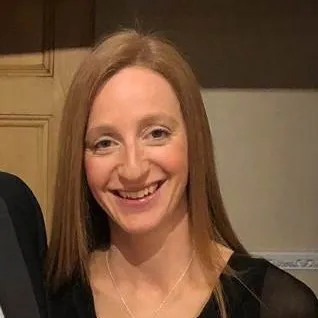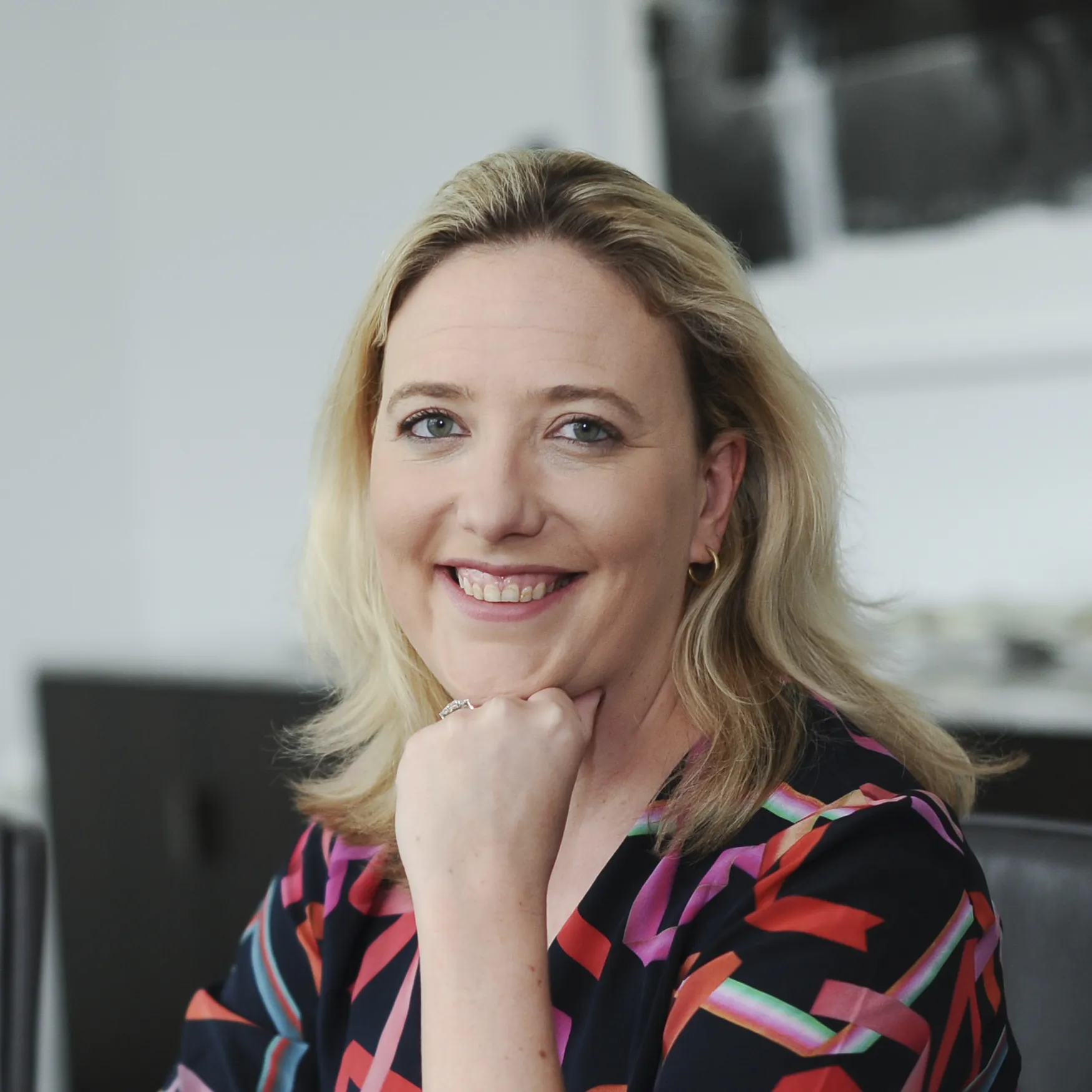For over two decades, Travers Smith lawyers, trainees and paralegals have been advising at legal advice clinics across London where members of the public who would otherwise not have the financial means to access legal advice can receive free high quality advice and support on a wide range of legal issues.
This work, which goes on quietly week-in-week-out in Dispute Resolution and other departments across the firm throughout the year, provides immeasurable benefits both to the clients attending the clinics, and to our volunteer lawyers.
We have a close and longstanding relationship with University House Legal Advice Centre in east London, one of the oldest community agencies in the city, founded in 1886. Our volunteer lawyers advise weekly at the centre’s general advice clinic covering matters such as debt, consumer issues and housing, and fortnightly at their family law clinic, covering matters such as divorce, child custody, domestic abuse and cohabitation issues.
University House has had some notable regular volunteers over the years including Sir John Mortimer CBE QC (of Rumpole fame), Cherie Booth CBE KC and Sir Robin Knowles CBE.

We have over 200 lawyers from across the firm on the clinic rotas, and all of our trainees are automatically added to the rota for the University House general clinic. As a general rule, for each clinic we provide a team of one qualified lawyer and one trainee to advise two clients at a meeting following an initial review of any paperwork that the clients have provided. Following the advice meeting, we will often undertake follow-up work for the client, such as drafting a letter or court documents.
Value of the clinics to clients
The value of our clinic work to the clients who attend tends to be extremely significant and often far greater than the amount of time spent by our volunteers (approximately 3-4 hours per client) would suggest.
Our volunteers frequently report that they have been able to provide life-changing assistance to clients, particularly at the family law clinic. By way of example, we were able to help one client who had been diagnosed with terminal cancer make arrangements for his daughter, of whom he had sole custody, to live with his sister following his death.
In another case, we were able to help a client who had recently lost her husband, and with two young children was struggling to make ends meet. She was behind with numerous household bills, had received a visit from the bailiffs and was facing court action. She was at her wits end and didn’t know how to make the onslaught of demands stop. Sadly, this case is not unusual, but our volunteers were particularly struck by the difference that our intervention could and did make for this client, not just financially but also for her wellbeing. We took control for her (which was really what she most needed in that moment), contacted all the creditors on her behalf, put in place payment plans, and gave her the breathing space she needed to get her financial position in order.
The work we do for clients at the general legal advice clinic is different to that for the family clinic but no less important. The general clinic clients are usually facing a legal issue which they can’t unravel (or sometimes even understand) themselves, and which likely has severe implications for them, whether financial or otherwise, such as their home being put at risk. It follows that they will come to the clinic under significant stress and in an emotional state. Just having someone firmly on their side to whom they can unburden, and who can calmly make sense of the issue and guide them through next steps, makes a huge difference. It is rare for the legal issue the client presents to be particularly complex or technical, despite it being a very big issue for them: we can often address it relatively simply, for example by writing a letter on their behalf to a third-party, such as the Local Authority or utility provider, or by making a ‘phone call to clarify the position.
Dispute Resolution Associate Emma Calder recalls her advice to one client at the general clinic who had recently been released from prison to find that the Council had been sending him threatening letters about unpaid council tax bills throughout the period he had been imprisoned. We were able to advise him that he was exempt from council tax for that period. Emma says:

This session has really stuck in my mind because we were so easily able to alleviate the stress the letters had caused the client by virtue of our access to straightforward resources which were simply inaccessible to the client without the clinic.
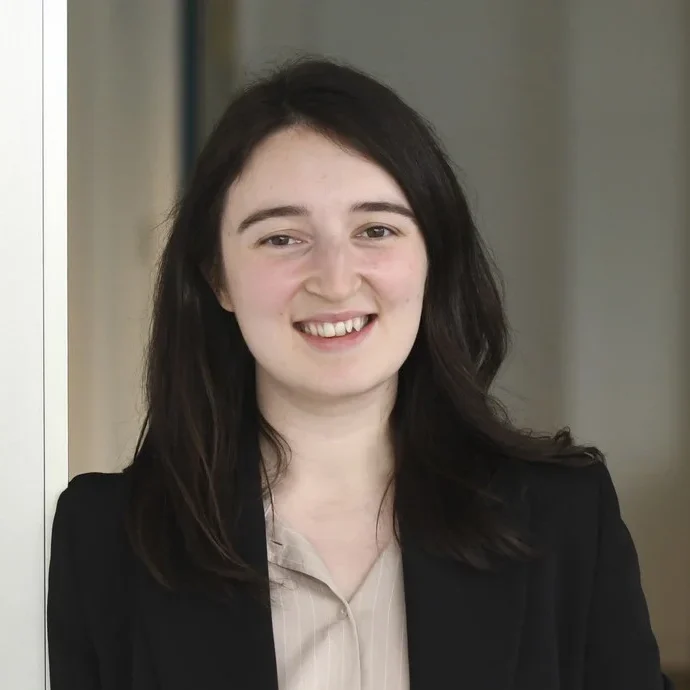
Emma Calder
Associate, Dispute Resolution
Although some issues are easily resolved, clients at the general clinic often present a series of complex and interconnected legal issues, reflecting the fact that one legal problem (such as being in debt) can quickly lead to others (such as potential eviction). At almost every clinic, our volunteers see how these issues are compounded by social and financial vulnerability, and poor mental and physical health.

Many of our clients are based in Tower Hamlets – one of the most deprived London boroughs – and are often vulnerable individuals facing complex challenges. For these clients, the clinics are far more than just a source of legal guidance – they are a vital lifeline. They offer clarity, reassurance, and a sense of dignity to those who often feel overwhelmed and unheard within the justice system.
Busra Bakar
Solicitor at the University House general clinic


I would like to specifically highlight the exceptional quality of the lawyers from Travers Smith who work with us. They are a true credit to the firm. They maintain the utmost professionalism, treating each client with the same respect and courtesy they would offer any paying client. Moreover, they consistently go above and beyond in their dedication to our service.
Tejal-Roma Williams
Supervising Solicitor at City CLAC
Value of the clinics to our volunteers

It can be challenging for our volunteer lawyers to fit their work for the clinics in around their other work commitments, but this is far outweighed by the immense satisfaction gained from being able to help clients with what can be for them life-changing issues. The rewarding nature of the clinic work that we do, and the desire to give something back, are common themes highlighted by our volunteers.

I have been volunteering at legal advice clinics since I was a trainee – so for almost 20 years! – and the reason is the same now as it was at the start: it is such a simple and effective way to provide meaningful help to those who really need it but who aren’t otherwise able to access it. We at Travers are generally very fortunate – we are in well-remunerated jobs and equipped with the tools necessary to navigate tricky legal situations. So, to me, it is a complete no-brainer that we should be giving something back to the community by utilising those skills and resources.
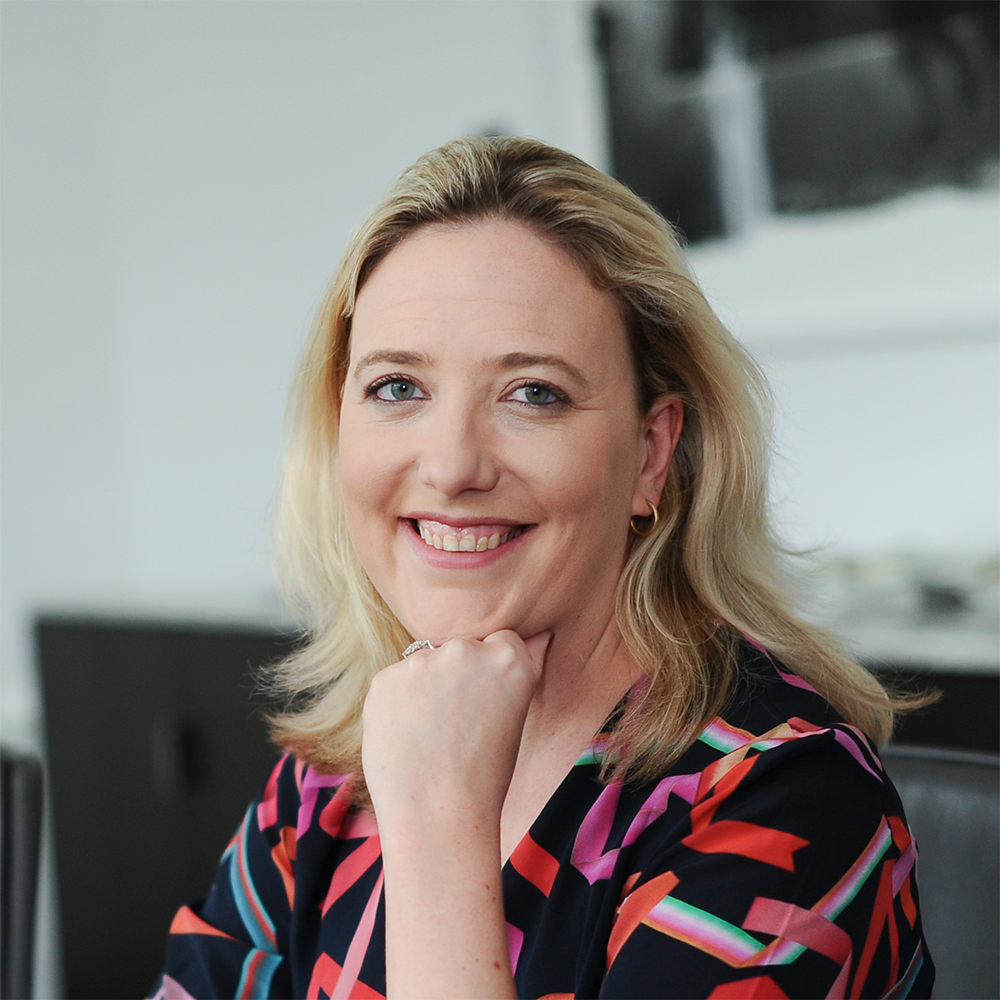
Stephanie Lee
Partner, Dispute Resolution
The clinics also present unique learning opportunities for our volunteers, particularly our trainees and junior lawyers who are able to gain experience taking instructions from clients, analysing information, solving problems, undertaking legal research and drafting – all key skills for a commercial litigator. Dispute Resolution Associate Alice Allen explains:

Volunteering at the clinics sharpens my ability to grasp new legal areas quickly, apply logic, and strategise for the clients’ best interests. It broadens my legal skills generally and requires them to be adapted and applied to new and varied situations.
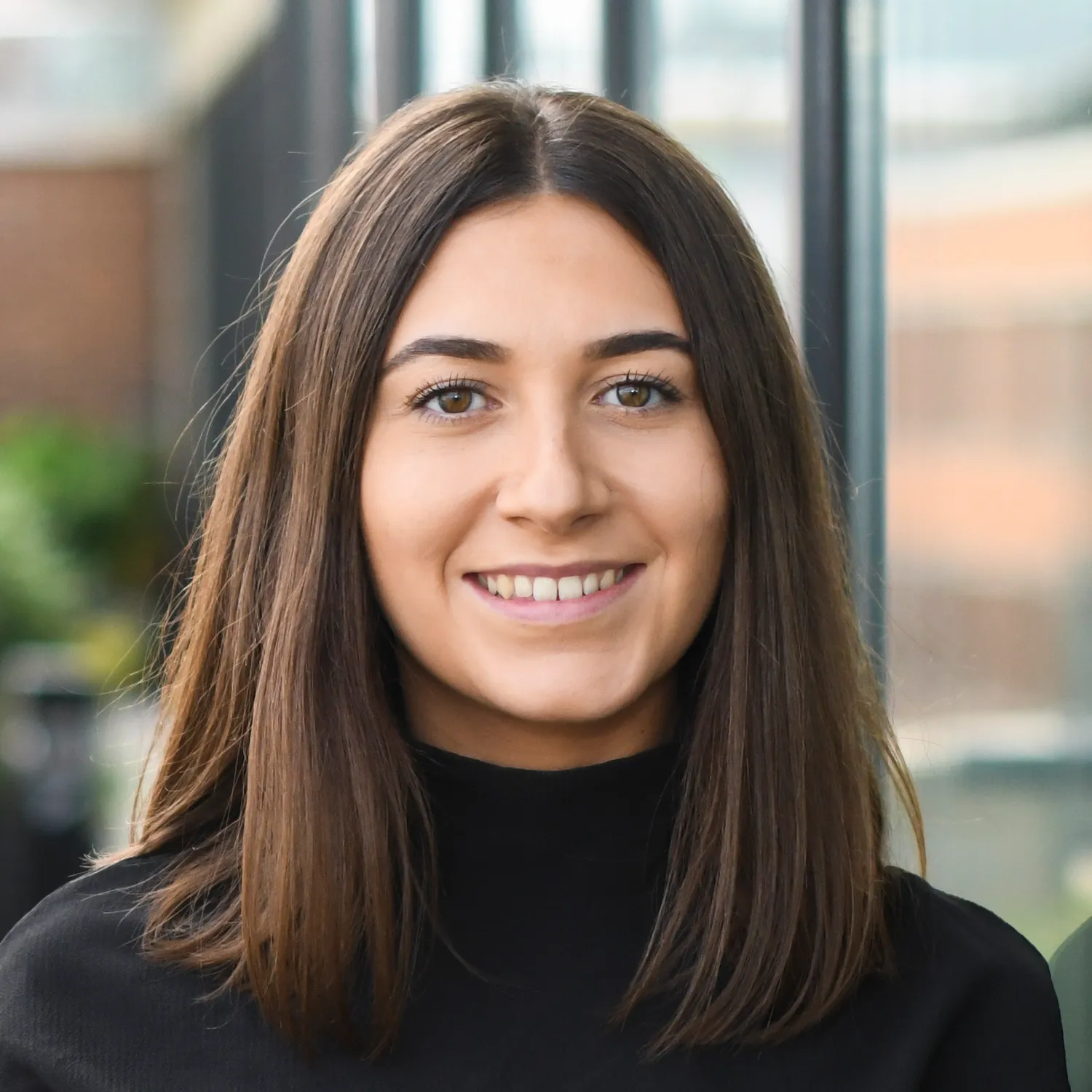
Alice Allen
Associate, Dispute Resolution
Our work for the clinics also allows trainees and qualified lawyers from across the firm to work closely with (and therefore get to know) colleagues in other departments that they may not have worked with before, or that they may not work with in any other context.

I have worked in the law for over 40 years and prior to working at Travers Smith I worked in a legal aid practice. With legal aid for civil matters virtually non-existent now, legal advice clinics are so important in helping make the law accessible to everyone and not just those that can afford it.
Wendy Smith
PA, Dispute Resolution
City University clinic
We also advise at the City Community Legal Advice Centre (City CLAC), part of City University, where our volunteer lawyers team up with students from the university to advise clients. As well as providing access to justice for clients, this clinic also provides a unique, hands-on training opportunity for the student advisers who are able to undertake research, attend the client meetings, and prepare first drafts of any documentation following the meeting.
There are also wider benefits for the students, as explained by Tejal-Roma Williams, Supervising Solicitor at City CLAC:

Many of the students who come to us initially harbour doubts about their own capabilities and may feel that a legal career is beyond their reach. Through our collaborations with partner law firms, we break down these barriers, challenge the perceptions that can sometimes separate students from the legal profession and allow them to recognise that a career in law is accessible to them.
We are incredibly proud of this partnership and the excellent example that Travers Smith lawyers set for our students, showing them the high standards of professionalism and client care that are essential in the legal profession.
Tejal-Roma Williams
Supervising Solicitor at City CLAC
Travers Smith, and in particular the dedicated cohort of volunteers from Dispute Resolution, are also incredibly proud of the work that we do for the clinics.


The professionalism, legal expertise, and empathy shown by the Travers Smith volunteers have made a meaningful and lasting difference. They consistently provide high-quality, practical advice, enabling clients to better understand their rights and options, and empowering them to take control of difficult situations with renewed confidence. Clients frequently comment on how supported and respected they feel after receiving advice from the Travers Smith team.
Busra Bakar
Solicitor, University House general clinic


